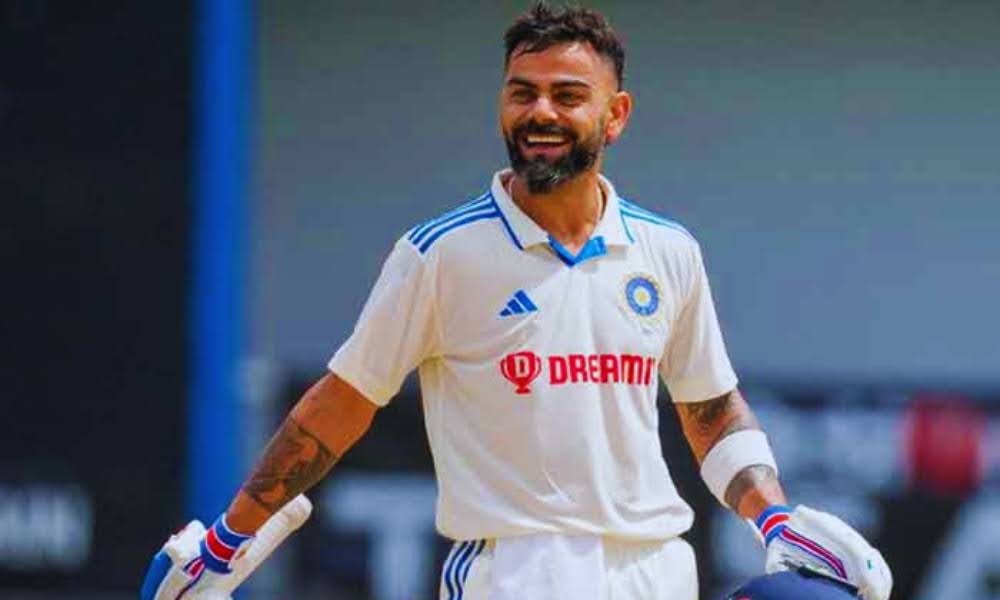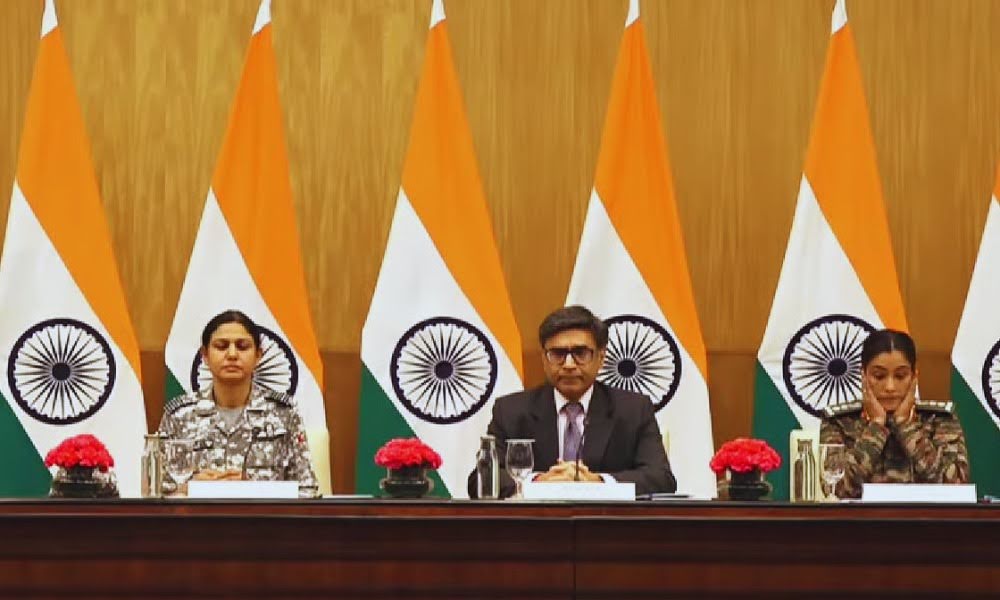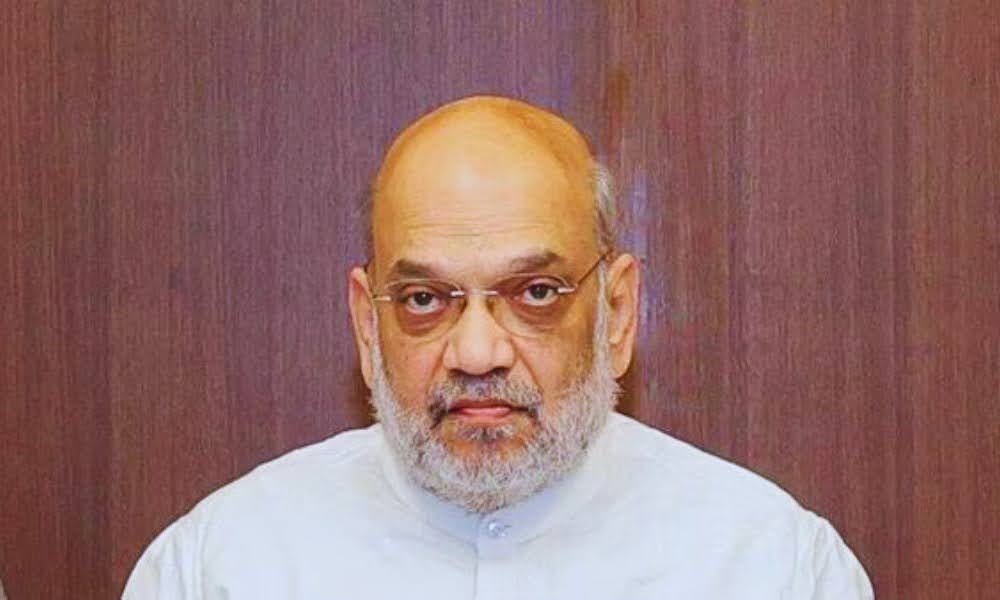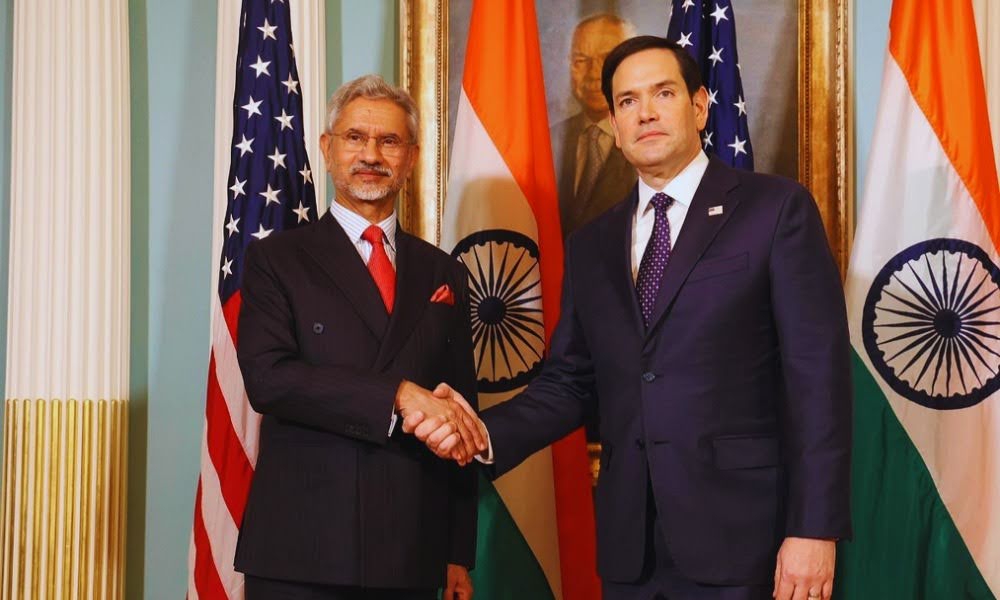Mehbooba Mufti, Mirwaiz Umar Farooq Urge India-Pakistan De-escalation Amid Rising Tensions

Mehbooba Mufti, the former Chief Minister of Jammu & Kashmir and president of the Peoples Democratic Party (PDP), broke down on Friday while addressing the media in Srinagar.
Reacting to the deaths of children during unprovoked firing by Pakistan, she made a heartfelt appeal for political intervention to end the rising tensions between India and Pakistan.
Drawing Parallels: Pulwama and Pahalgam
Referring to past terror incidents such as Pulwama in 2019 and Pahalgam in 2025, Ms Mufti said such attacks pushed both countries close to catastrophe.
She voiced concern over the repeated cycle of violence and its devastating effects on civilians, particularly women and children.
Innocent Victims in the Crossfire
Speaking emotionally at the press conference, Ms Mufti shared a tragic moment that left her shaken:
“I saw twins playing at one moment and saw their bodies soaked in blood the next. What is the fault of these children and women who are simply getting caught in the crossfire?”
As her voice trembled and eyes welled up, she questioned the continuation of such suffering:
“It is their (children killed in firing) age to play… For how long will this go on? For how long will the people of Jammu & Kashmir, especially those living in the border areas, suffer? For how long will our mothers’ laps go empty?”
Fresh Violence Along the Borders
Mufti’s emotional address came hours after Pakistani troops fired and shelled multiple regions in the Union Territory, including Poonch, Rajouri, and Jammu.
The Indian Army responded to the shelling, intensifying the already volatile situation.
In addition, Pakistan launched drone and missile attacks targeting military installations across Jammu & Kashmir, Punjab, Rajasthan, and Gujarat.
The Defence Ministry confirmed that these threats were swiftly neutralised. However, no details regarding casualties were immediately available.
Military Response Not a Long-Term Solution
Ms Mufti condemned the military actions from both countries, arguing they offer no path to lasting peace. She warned that escalating aggression puts the entire region at risk:
“They did not start this war, it is not happening because of their will but they are paying a huge price right now.”
She stressed that incidents like Pulwama, Pahalgam, Kargil, and Pathankot have repeatedly shown that armed retaliation only addresses the surface-level issues:
“Pulwama and Pahalgam are two such incidents that brought the two countries on the verge of a catastrophe… Be it Kargil, Pulwama, Pahalgam or Pathankot, we have seen whenever there is a military action, it only treats symptoms, it does not treat the root cause of the problem. It doesn’t bring any solution and doesn’t help in maintaining permanent peace.”
A Direct Plea to Modi and Pakistani Leadership
Calling for de-escalation, Ms Mufti appealed directly to both Indian and Pakistani leadership. She acknowledged India’s rising global stature and Pakistan’s internal challenges, urging leaders to step away from conflict and engage in dialogue:
“I appeal to the leadership on both sides to end this attack… I appeal to Pakistan’s leadership and to Prime Minister Narendra Modi, who promised that the era of war has come to an end… If both Prime Ministers can just pick up the phone and resolve this conflict.”
She reiterated the urgency of the moment:
“The leadership of both the countries should make up their minds and think seriously about de-escalating the situation.”
Night of Attacks Across the Western Border
On the night of Thursday and Friday, multiple towns in Jammu & Kashmir, Rajasthan, Punjab, and Gujarat witnessed sirens and blackouts after Pakistan launched drone and munition strikes on military targets.
The Indian Army confirmed that these attacks were “effectively repulsed.”
These developments followed India’s previous efforts to thwart similar intrusions in at least 15 locations across northern and western India.
Background of Rising Hostilities
The recent escalation traces back to the deadly terror attack in Pahalgam on April 22, which left 26 people dead. In retaliation, India carried out strikes on terror camps in Pakistan and Pakistan-occupied Kashmir.
Since then, tensions have steadily risen, with increased military vigilance on both sides.
As the situation remains precarious, Ms Mufti’s emotional appeal stands as a plea for humanity and diplomacy amidst an increasingly militarised conflict.








